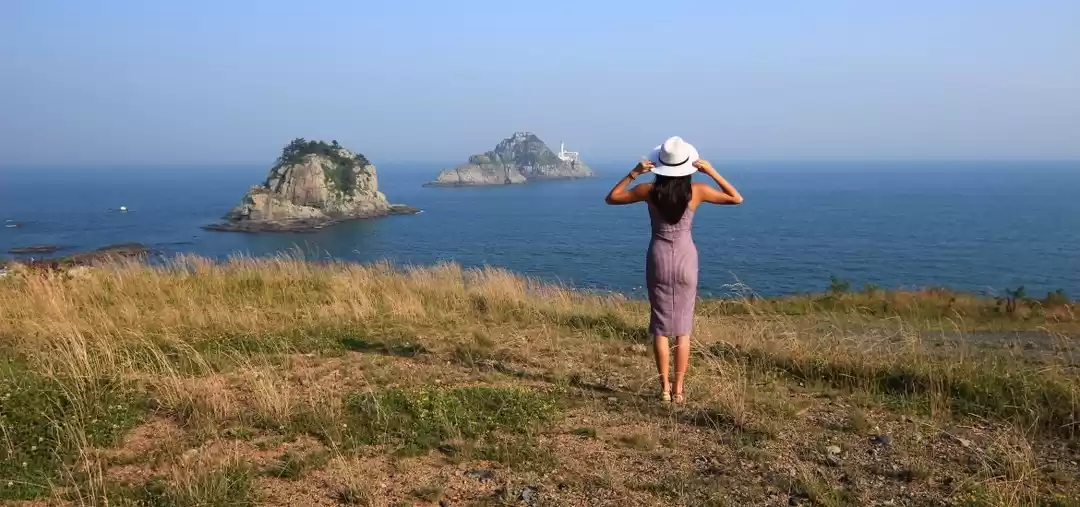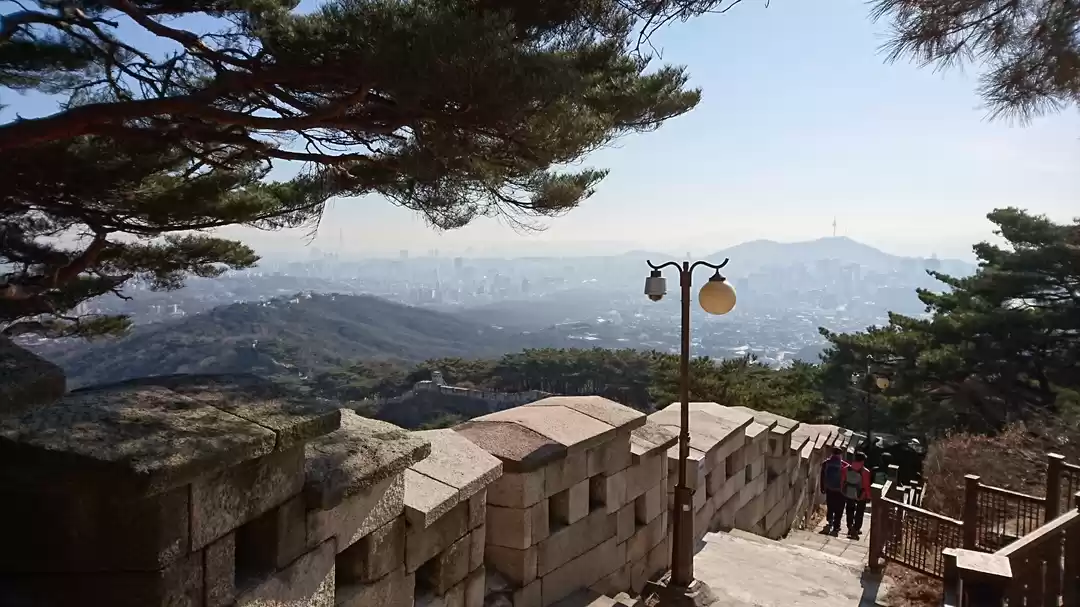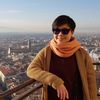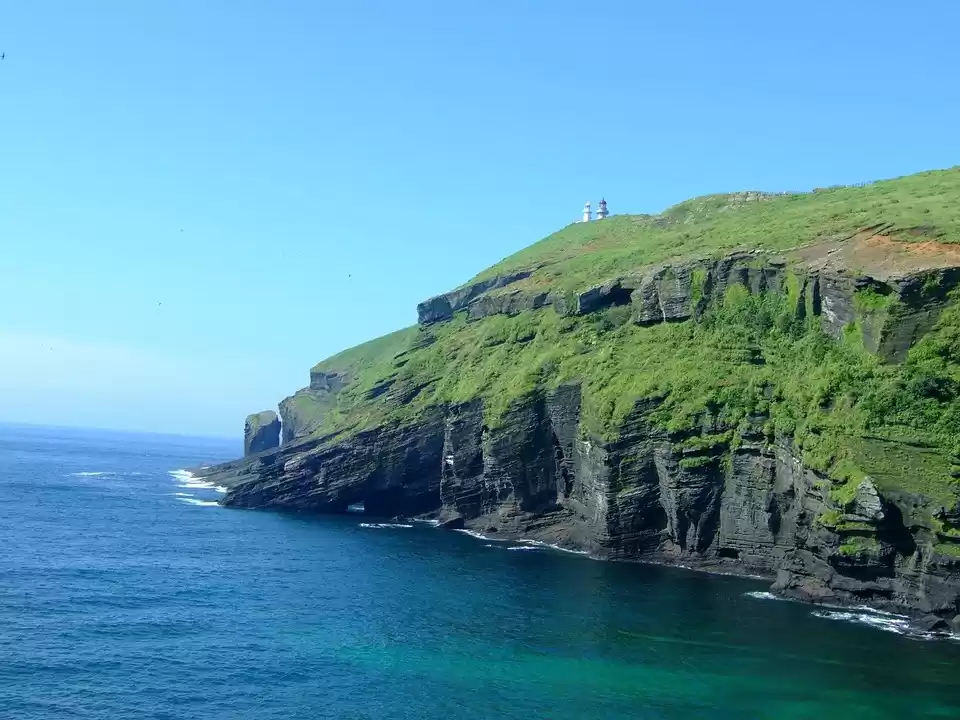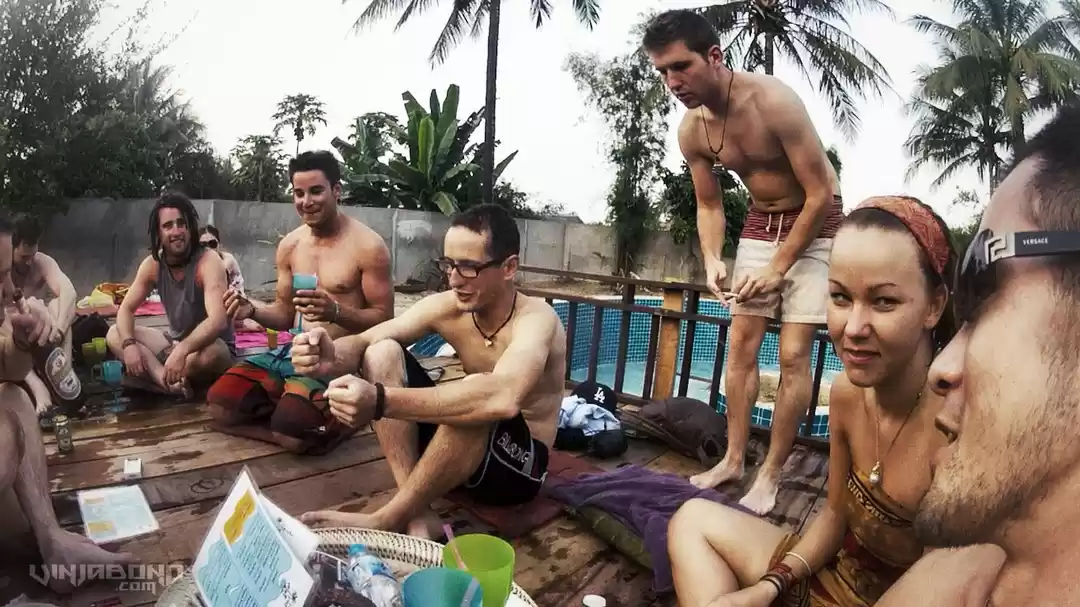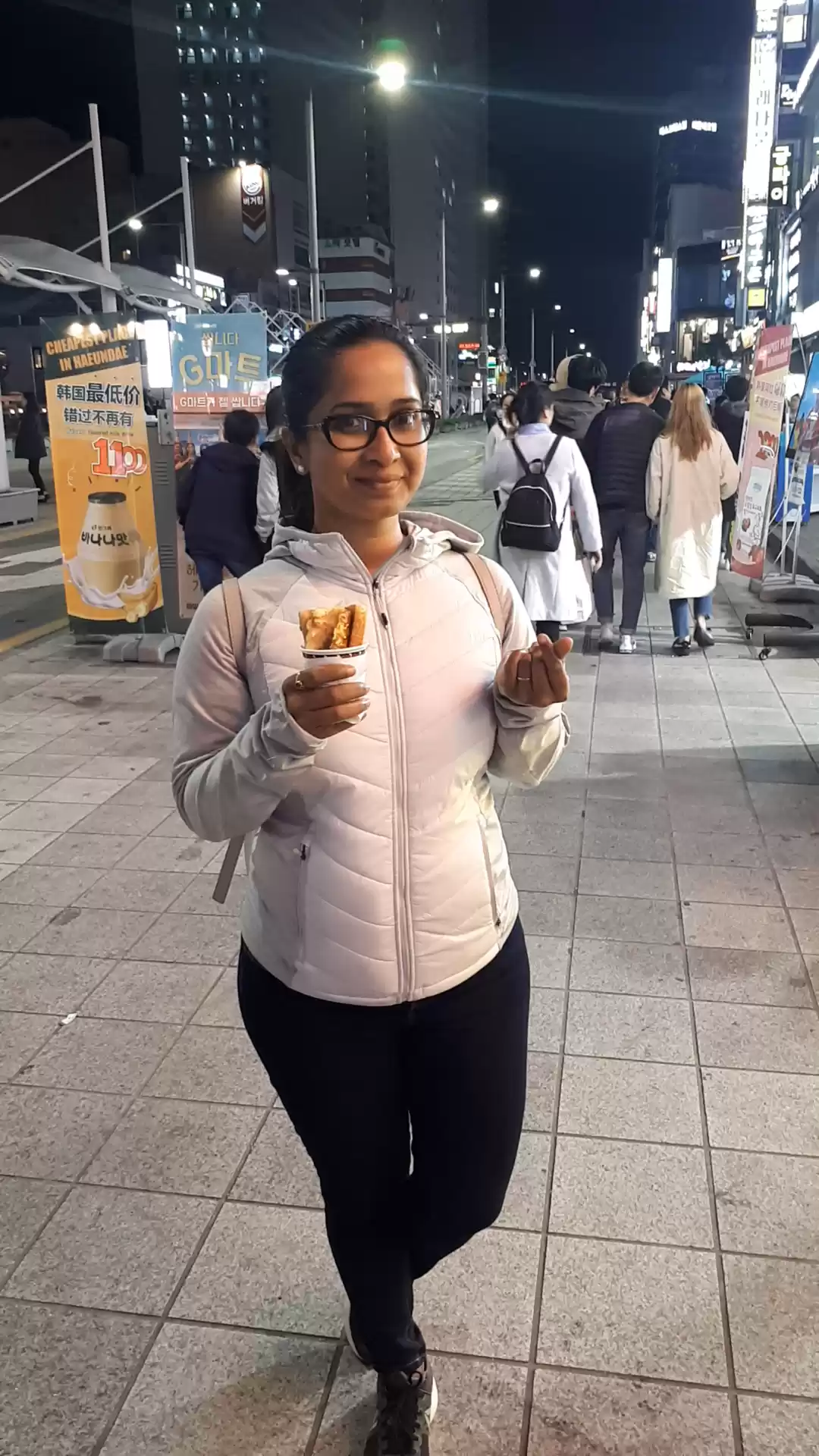Busan Tourism and Travel Guide
Busan (부산 or 釜山(Korean pronunciation: [pusʰan]), officially Busan Metropolitan City), romanized as Pusan before 2000, is South Korea's second largest city after Seoul, with a population of approximately 3.6 million. The population of the metropolitan area, including the adjacent cities of Gimhae and Yangsan, is approximately 4.6 million. Located within South Korea's largest industrial area, 'Southeast economic zone'(includes Busan, Ulsan, South Gyeongsang Province), the city is the cultural, educational and economic center in the region. It is the largest port city in South Korea and the world's fifth busiest seaport by cargo tonnage. The city is located on the southeastern-most tip of the Korean peninsula. The most densely built up areas of the city are situated in a number of narrow valleys between the Nakdong River and Suyeong River, with mountains separating some of the districts. Administratively, it is designated as a Metropolitan City. The Busan metropolitan area is divided into 15 major administrative districts and a single county. Busan was the host city of the 2002 Asian Games and APEC 2005 Korea. It was also one of the host cities for the 2002 FIFA World Cup, and is a center for international conventions in Korea. On November 14, 2005, the city authorities officially announced its bid to host the 2020 Summer Olympics Games. After Pyeongchang's successful bid for the 2018 Winter Olympics, Busan is considering bidding to host the 2028 or 2032 Summer Olympics. Busan has Korea's largest beach and longest river, and is home to the world's largest department store, the Shinsegae Centum City.

